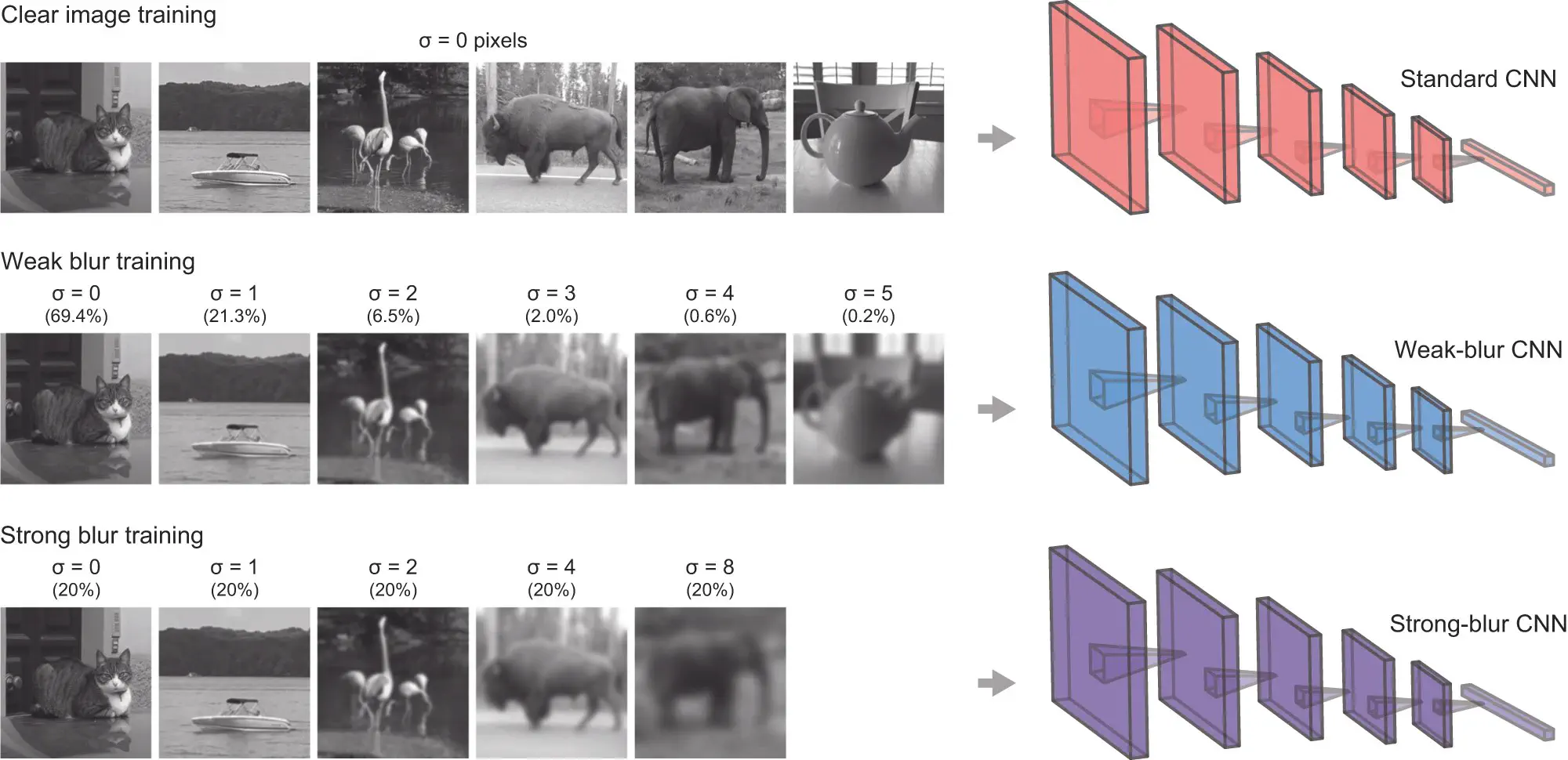Visual Perception and Cognition

Vision is arguably the most important sense for perceiving information from the world. Despite significant variations in the external environment, our visual system remains stable, consistent, and precise. What mechanisms enable our sophisticated visual system, and how can they be understood?
Humans possess an exceptional ability for robust visual recognition, enabling seamless interaction with diverse environments. For instance, imagine a driver navigating through heavy rain or a person searching for a friend in a crowd. By contrast, despite advances in deep learning, these models often struggle with real-world applications like self-driving cars, video surveillance, and medical imaging. Our lab is dedicated to understanding the mechanisms behind human visual perception and cognition. Specifically, we are interested in the following topics:
- Robust visual perception
- Object and face recognition
- Visual attention
- Viusal reasoning
- Visual perceptual learning
To achieve this, our group employs diverse psychological methodologies, neuroimaging technologies, and deep learning models to uncover the secrets of human vision. Recent publications highlighting our efforts include Jang and Tong, Nature Communications, 2024, Jang et al., Neural Computation, 2023, and Jang et al., PLoS Biology, 2021.
Image from Jang and Tong, Nature Communications, 2024